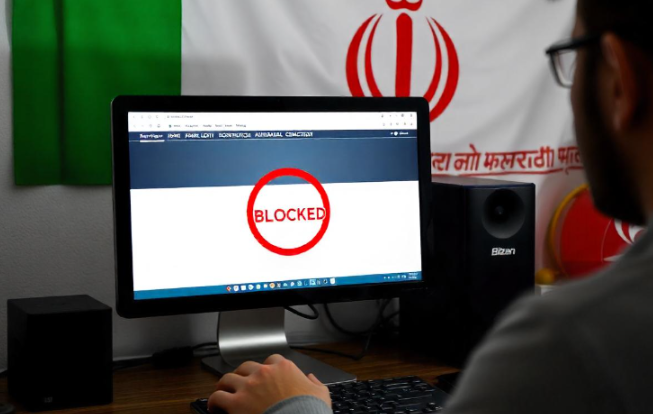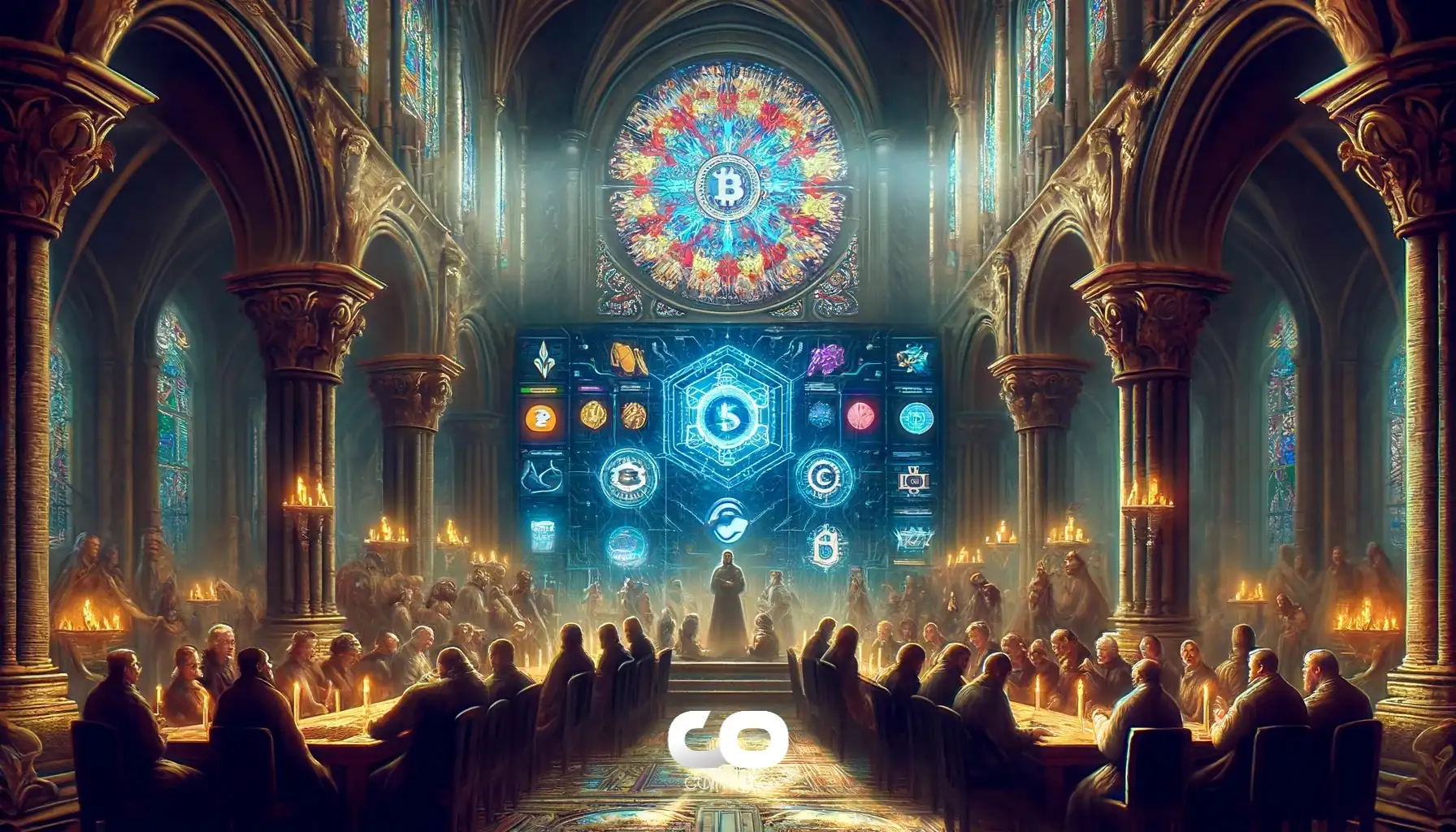
Iran’s government has unblocked access to the WhatsApp messenger and Google Play store after previously banning them two years ago, state media reported.
The Supreme Cyberspace Council, which is tasked with safeguarding the internet for Iranian citizens, voted unanimously to lift restrictions on a number of foreign-owned applications during a meeting on Dec. 24, according to a report by the state news agency IRNA.
“A positive majority vote has been reached to lift limitations on access to some popular foreign platforms such as WhatsApp and Google Play,” IRNA said in its report.
It isn’t clear when the services will actually be unblocked, with various reports citing Iranians as saying the apps still remain inaccessible, Al Jazeera reported. The Supreme Cyberspace Council’s meetings are held behind closed doors, and their votes are not usually made public.
According to IRNA, the council voted to lift the restrictions on the apps while still emphasizing “the importance of rule-of-law governance in cyberspace.”
Iran blocked access to WhatsApp and Google Play in October 2022 at the height of protests over the death of Mahsa Amini, a young woman who was arrested by the country’s morality police for not wearing hijab correctly. Those protests, which came to be known as the “Women, Life, Freedom movement”, were severely repressed, and the apps were restricted by authorities to prevent protestors from using them to organize.
The Supreme Cyberspace Council, which was created on the order of Iran’s supreme leader Ayatollah Ali Khamenei, said in a statement that it’s also working to support “domestic platforms” as an alternative to foreign applications.
Just prior to the council’s meeting, the Iranian news agency Mehr published a document outlining a Supreme Cyberspace Council plan to promote domestic messaging services that includes an “advertising support package.” According to the document, the plan includes funding to build the infrastructure required to support those platforms.
The Islamic Republic has some of the strictest regulations on internet access in the world, and popular social media services such as Facebook, X, YouTube and Telegram remain blocked in the country. Despite this, many tech-savvy Iranians routinely access them using virtual private networks to get around the blocks, and some influential members of the government appear to recognize the futility of such efforts.
Iran’s vice president Mohammad Javad Zarif told IRNA that President Masud Pezeshkian wants to remove the restrictions and does not believe that bans are in the best interest of Iran’s citizens.
“All experts also believe that this issue is not beneficial to the country’s security,” Zarif said.
However, there is still a lot of support for the bans. The reformist newspaper Sharg reported that 136 lawmakers in Iran’s 290-member parliament signed a letter addressed to the council that said any move to unblock access to foreign-made apps would be a “gift to Iran’s enemies.”
The lawmakers reportedly argued that apps should only be unblocked if they are “committed to the values of Islamic society and comply with the laws” of the country.
Image: SiliconANGLE/Freepik AI
Your vote of support is important to us and it helps us keep the content FREE.
One click below supports our mission to provide free, deep, and relevant content.
Join our community on YouTube
Join the community that includes more than 15,000 #CubeAlumni experts, including Amazon.com CEO Andy Jassy, Dell Technologies founder and CEO Michael Dell, Intel CEO Pat Gelsinger, and many more luminaries and experts.
THANK YOU










Leave a Comment